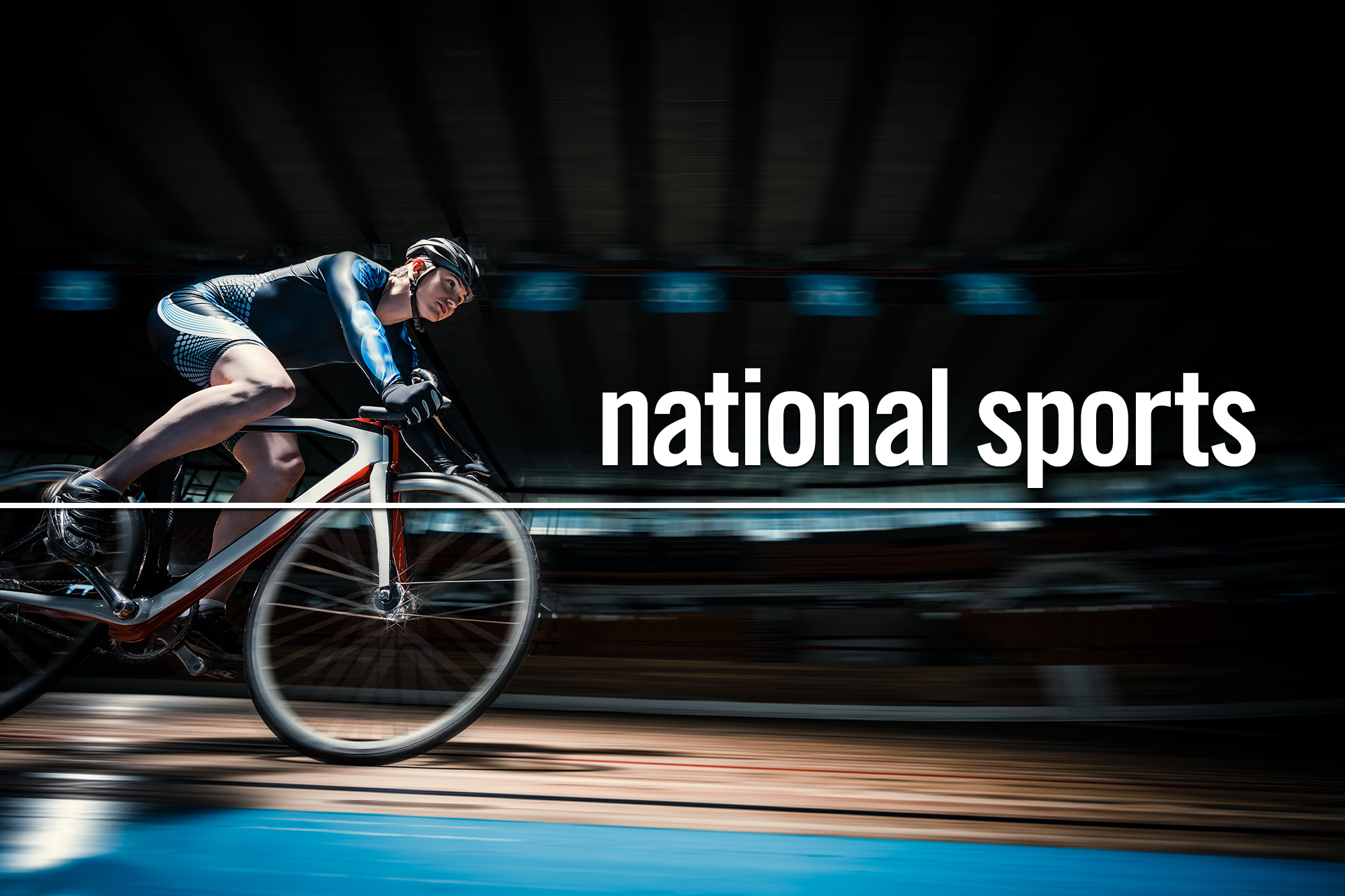Retired Canadian national soccer goalkeeper Stephanie Labbe and Canadian Coaching Association CEO Lauren Lafreniere were visiting a school in Richmond, British Columbia, to talk about improving mental health support for young athletes.
Retired Canadian national soccer goalkeeper Stephanie Labbe and Canadian Coaching Association CEO Lauren Lafreniere were visiting a school in Richmond, British Columbia, to talk about improving mental health support for young athletes.
After they finished their presentation, they opened the floor to the students, and Lafreniere was taken back by how vulnerable and insightful their questions were.
What do you do when you don't feel like you fit in?
How to deal with failure?
How do I get my head back in the game when I'm not playing well?
The school visit was part of the CAC's Mental Health and Sport project which encourages coaches and athletes to talk about mental health issues. The campaign included promoting the Mental Health and Sports Resource Centre, a free online portal that provides coaches with the tools and information needed to support themselves and their athletes.
The CAC reports that within its first year of existence, the position was accessed by more than 200,000 coaches and received more than 10 million impressions. However, Lafrenière will always remember that small gathering of teenagers.
“Yes, I can tell you about the hundreds of thousands of users. Yes, I can tell you about more than 10 million impressions. Yes, I can tell you about the success of the school tour and the 36 coach spokespeople from across the country,” Lafreniere said Tuesday. “It resonated with individuals.”
“But I can also tell you about the very poignant moment when I sat in a room with 15 16-year-olds talking to an Olympic gold medalist, who stunned them with her vulnerability and her answers that were at the top of the world but also talking about the fragility of life. “
The CAC reports that since the center launched a year ago, it has been accessed by more than 208,284 coaches and members of the athletic community. Made possible by financial contributions from the Public Health Agency of Canada, the center has been repeatedly updated and expanded with new resources and languages, including Arabic, Chinese (Traditional), Desauline (Chipewyan), English, Persian, French, and Inuktitut (South Baffin). ), Plains Cree, Punjabi, and Tagalog, to increase accessibility and inclusivity.
Lafrenière said the CAC continues its call for expertise and resources to continue building the centre, ideally to address pressing topics for Canadian youth.
“We want to find resources about the financial insecurity that people are feeling right now and the way that is impacting their lives,” Lafreniere said, listing some topics she would like to add to the center. “Obviously we continue to address safety in sport and the dignity of the person.
“Obviously we have a lot of anti-racism training, and we try to enable preventative knowledge like second base, bystander empowerment, and those are examples.”
Other initiatives in the CAC's Mental Health and Sport Project include an in-center calendar of upcoming free events on mental health and National Coaching Certification Program workshops, a mobile app, and on-site activations at community sporting events such as the Canada Arctic Winter Games. Winter Games, North American Indigenous Games, Indigenous Hockey Championships, and Canadian Boccia Championships.
This report by The Canadian Press was first published Feb. 20, 2024.
John Chidley-Hill, The Canadian Press












































